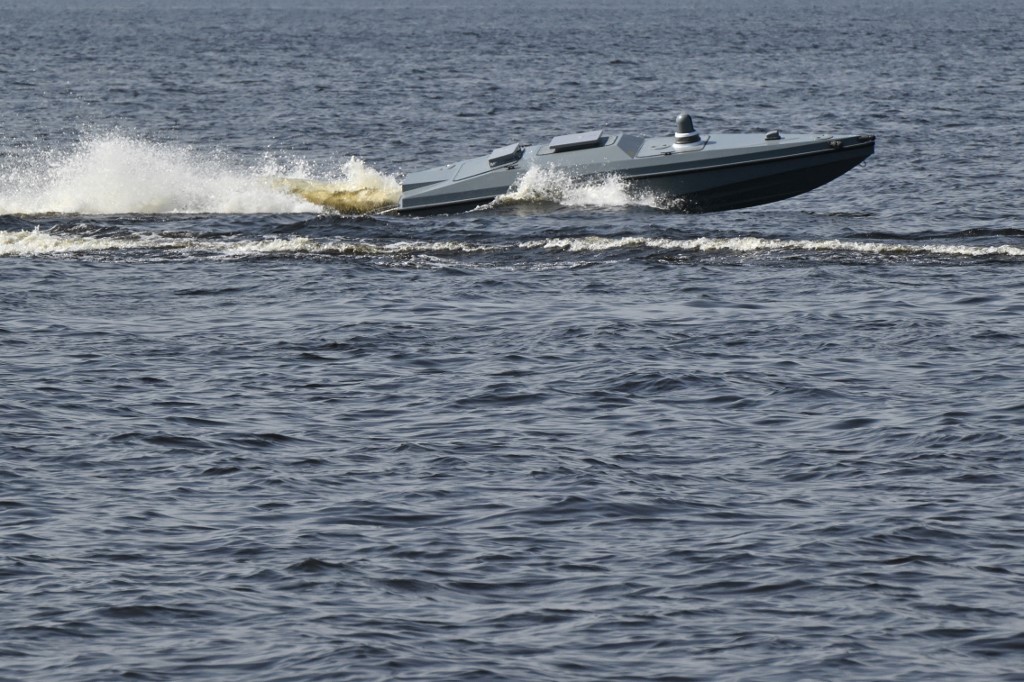2024 has been described as THE year of elections, with over 60 nations, plus the European Union, representing almost half of the world’s population going to the polls this year. With the surprise call for elections by Rishi Sunak, the UK’s Prime Minister, on Wednesday, May 22, Britain now joins those which could have the most significance for Ukraine’s war against Russia – November’s US Presidential and June’s EU elections.
The announcement immediately set the media world alight with speculation on what effect the expected change of government in the UK would have on a whole range of policy issues.
JOIN US ON TELEGRAM
Follow our coverage of the war on the @Kyivpost_official.
Most commentators assume that the opposition socialist Labour Party, led by Sir Keir Starmer, is likely to win and form the new government. Labour has diametrically opposed views to the ruling Conservative “Tory” Party on a whole host of issues such as the economy, taxation, climate change, the National Health Service, and welfare provision; to name but a few.
On the face of it, there is equanimity on most foreign policy and defense issues, in general, and support for Ukraine, in particular. The government’s strong support of Ukraine, which has been maintained since Russia’s 2022 full-scale invasion, has been generally echoed by the Labour opposition and there is little to suggest either will change that view in the short term.

From Creation to Combat: The Journey of a Ukrainian FPV Kamikaze Drone
Not only do most British politicians seem to feel there is a moral obligation to Kyiv, but from a political standpoint, the UK’s leading “cheerleader” role has given it a prominent voice among the more positive defense stance taken by the EU and its constituent nations because of the war.
Nevertheless, Labour’s publicly stated position on defense issues supports Sunak’s announced intention to increase UK defense spending to 2.5 percent of GDP by 2030. Starmer has caveated that, however, by saying he wants to see a fully funded plan on how the target figure will be reached and, more importantly, what other areas of fiscal policy will need to be sacrificed to reach that figure.
The possible influence of some of the more minor opposition parties also needs to be factored in, in the event of the need to form a coalition as the Tories had to in 2010. The Liberal Democrats, the Greens, and the Scottish National Party (SNP), who could become government partners, while currently seeming to support aid for Ukraine, all strongly oppose British military interventions abroad and oppose the retention of the UK’s independent nuclear deterrent.
As the war in Ukraine drags on and if it is seen to increasingly slide into stalemate, then the pressure to divert funding from defense-related expenditure to tackling social issues (of which there are many) may grow and that could impact the financial and military support the UK can offer Ukraine.
In the short to medium term, however, London is unlikely to take a step back and, in any event, the outcome of the US presidential election and the views of the 450 million EU electorate have the potential for a greater impact on continuing international support for Ukraine.
You can also highlight the text and press Ctrl + Enter






